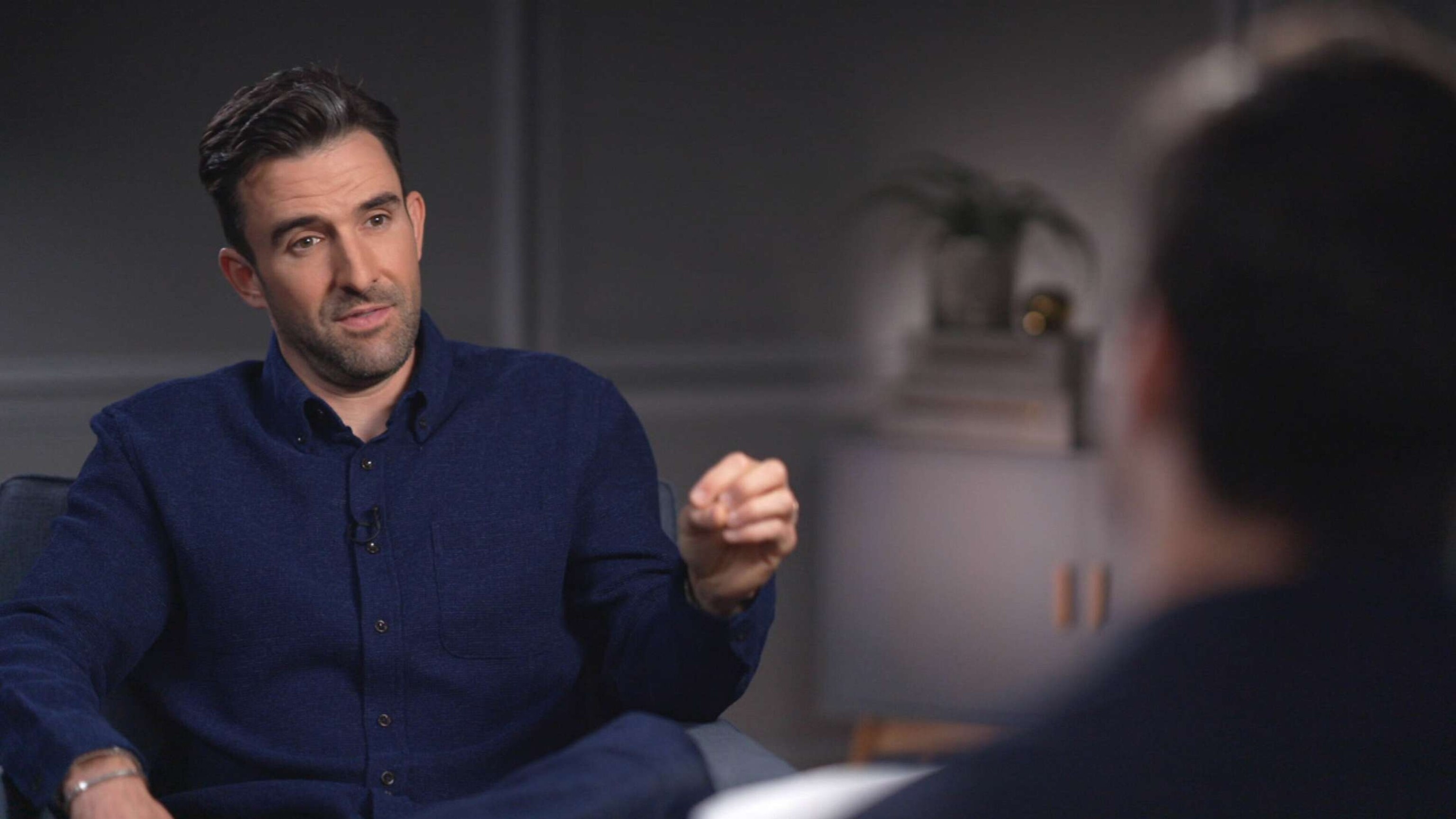How 'scarcity brain' impacts food cravings and diet
Author Michael Easter uncovers a three-part behavior loop in his new book.
When it comes to cravings, be it food or fashion, one author dove in head first to better understand how human behaviors are taken advantage of by a variety of industries in the modern world.
In "Scarcity Brain: Fix Your Craving Mindset and Rewire Your Habits to Thrive with Enough," Michael Easter suggests a three-part behavior loop, amplified in our contemporary environments, that feeds our interest and desires and answers the question: Why do we always seem to crave more?
Easter says it would serve us better to find a way to live with enough, which could lead to making better choices with food as much as it could help maintain a better relationship with social media.
"We have an abundance of all these things that we are designed to crave, and we have no rails on these things," he told ABC News. "Everyone knows that everything is fine in moderation. Well, why can't we moderate?"
Easter explained that people today, living an easy life -- all things considered -- are still wired to behave like our ancient ancestors.
"The thing that I uncovered, is this idea of the scarcity loop -- a three-part behavior loop that evolved naturally in the human brain to help us find food in the past, but it's now being engineered and co-opted by different industries," he said. "It's got opportunity, unpredictable rewards, and quick repeatability."

He suggests thinking of the scarcity loop like a slot machine; there's an opportunity to win money, an unpredictable reward and the chance to play repeatedly.
"It's what makes social media work... It's in dating apps... And it's even in the food system," he said.
"In the past, food was scarce and hard to find. It made sense to overeat calorie dense food if you had the opportunity. I mean, that was a life saving thing," Easter explained. "In our modern environment, it doesn't make as much sense."
To better understand how some people have hacked their scarcity brains, Easter says he traveled the world and went deep into the Amazon to spend time with the Tsimane tribe.
"What kills modern people is heart disease," he said. "And this tribe in the Amazon, they don't get heart disease -- it all tracks back to what they eat."
A 2017 study published in The Lancet, showed that the Tsimane had the lowest levels of coronary heart disease reported to date, as of time of publication.
Easter decided to adopt the diet of single ingredient foods to test out the healthier way of eating.
"Eggs and oatmeal in the morning, I would have maybe a sweet potato and some fish at lunch with a little bit of vegetables. And then for dinner, I would have rice and some other type of meat with some vegetables," he recalled. "It was a little bit boring, but I definitely started losing weight."
He continued, "What seems to be powerful about foods with one ingredient is that they're more nutrient dense, and we eat less of them compared to junk food."
While it may be difficult physically or financially to eat exactly like the Tsimane tribe consistently, Easter found that even a conscious effort could help people get out of the loop.
"If you want to improve your life and get out of bad habits, you're going to have to do a little bit of work," he said. "But the reward on the end of that, I think, is very well worth it."
Research has shown the heart health benefits of eating balanced meals and whole foods instead of processed food.
It’s important for people to talk to their doctor before making changes to their diet, especially if they have underling health conditions such as heart disease or take prescription medications.




